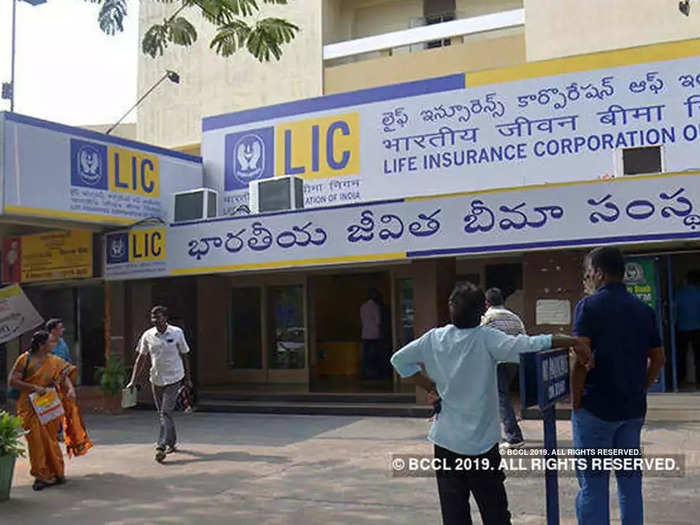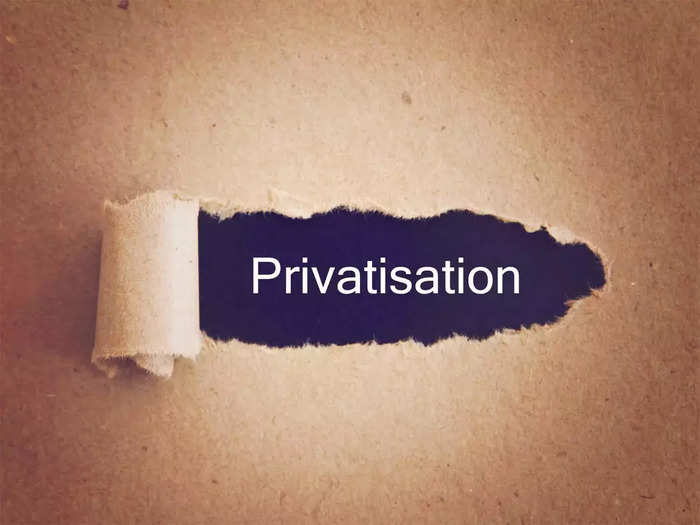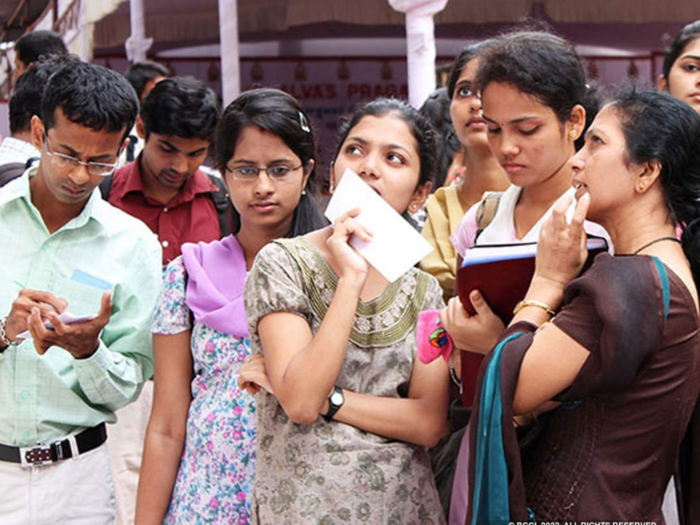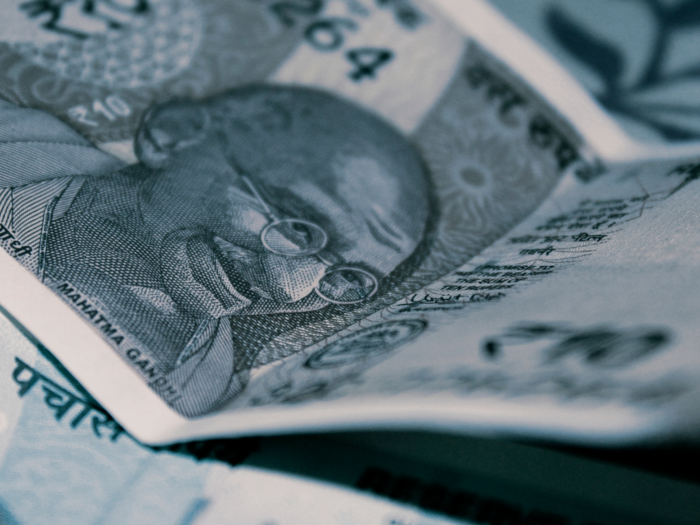India’s finance minister was asked these 10 questions and these were her answers

- The finance ministry has proposed to reduce import duty on diamonds and increase it on umbrellas.
- It is also looking to tax all digital assets, including cryptocurrencies and NFTs, at 30%.
- It has also announced initiatives for digital learning, mental health initiatives and more.
- You can see Business Insider’s budget coverage here.
These were 10 key questions that were raised in the post-budget press conference
Is there any specific reason why the government decided to take conservative tax and expenditure figures?

“I think our assessments [during the budget for 2021-22] are proven right. And conservative is not being overtly and excessively optimistic. We are sure to achieve the numbers, if anything, we’d probably better them,” Nirmal Sitharaman, finance minister of India, said during the post-budget press conference.
You have slashed the target for privatisation to ₹78,000 crore and the next year’s estimate at ₹65,00 crore? How are we looking at LIC IPO and BPCL privatisation?

While confirming that LIC would be going for an initial public offering (IPO) “soon”, Sitharaman refused to share any more details as the discussions about the valuation of the company are still undergoing. “We have shown the intent of the government,” she added.
Air India’s privatisation has already been cleared. Neelachal Ispat Nigam Limited (NINL) — a company promoted by state-owned MMTC — has found its buyer, there is a little more work to be done there. “We are progressing in many of these things, and I think we have been realistic in telling what we’ll do and achieve what we have told,” Sitharaman added, handing over the stage to another official from the finance ministry.
Tuhin Kanta Pandey, Secretary of Department Of Investment and Public Asset Management, added the sale of NINL will not bring any capital to the Indian government in accounting terms. “The emphasis is on completion of transaction and implementation. And, if we keep too high a target, sometimes, it also distorts the market. Nothing stops us from achieving a disinvestment as per the plan.”
Last year, you had announced privatisation of two state-run banks but nothing of that sort has been confirmed in the recent budget. Just want to know what is the situation and will the government continue with last year’s policy?

“What is the holistic policy? Holistic policy is the continuation of last year’s budget, I have said that. This budget is a continuation of last year’s budget, inclusive of the privatisation matter that you are talking about,” Sitharaman replied irritatedly.
“I said, Air India also and I have done that, haven't I? When we have something you will get to know… Thanks for reminding me,” she added.
Why was there no reduction on Income tax? The salaried class had high expectations from this budget.

Finance Minister Nirmal Sitharaman noted that Prime Minister Narendra Modi has directed the finance ministry to not increase any taxation on income keeping aside the fiscal deficit the country is facing. The ministry has fulfilled that over the last two union budgets of 2021 and 2022. “There are times when you can give and there are times when you have to wait longer,” Sitharaman said.
Why did the budget not touch up the need for the Indian middle class?

The finance minister emphasised that the ministry has proposed several new policies and incentives for farmers, micro, small and medium enterprise (MSME), retail investors and others, who are part of the middle class too. The ministry has not announced any income tax deduction in the last two years.
Why did the budget not speak about inflation?

“Every budget doesn’t speak about inflation and its impact. But of course, talking of numbers, money, credit, liquidity, and also supply and demand of essential goods and others, you keep in mind inflation,” Sitharaman added.
“I understand that inflation in the price of essential commodities has a huge impact on people, I am not discarding it. But when the price of edible seeds and oil rose, we proactively decreased the duty on it twice to increase import of palm oil,” she added.
In the budget you mentioned that 80 lakh people will be given houses and more employment would be generated? How?

The finance ministry’s proposal to increase capital expenditure, special allocation for loans to hospitality players, production linked incentives (PLI) to 14 sectors and other initiatives will have a direct impact on jobs. The PLI scheme alone has the potential to create 60 lakh jobs in the next five years.
Besides this, the special loan schemes for hospitality would push these companies to retain their employees. “An foreign independent study, not government study, highlighted that the ECLGS [Emergency Credit Line Guarantee Scheme] given to MSME [micro, small and medium enterprises] last year were used to retain employees,” she added.
You did touch upon RBI’s digital currency that will be in circulation from next year. You have also taxed cryptocurrency when there is no regulation around it. How will that work?

“A currency is a currency only when it is issued by the central bank (in India’s case the Reserve Bank of India or RBI), even if it is a crypto. Anything that is outside of that, loosely what we refer to as cryptocurrency, is not currencies,” Sitharaman emphasised.
The Reserve Bank of India (RBI) will launch its own digital currency, tentatively named Digital Rupee, before March 2023. The government of India is in talks with stakeholders and experts to form a cryptocurrency policy.
“We are not taxing ‘currencies’ that are yet to be issued,” Sitharaman highlighted. “The transactions happening in the crypto world are different kinds of transactions, therefore, taxed,” she added.
New crypto tax regime to come into effect from April 1, Revenue Secretary Tarun Bajaj said.When will India cross its $5 trillion economy target?

Chief Economic Advisor of India, V Anantha Nageswaran, added that India's gross domestic product (GDP) has already crossed the $3 trillion mark. The country should be able to achieve the $5 trillion economy target by fiscal year 2026.
"If we continue to retain the path of 8% of real GDP growth, it will translate into even 8% dollar GDP growth. If we extrapolate it, we should be a $5 trillion economy in terms of nominal GDP in the Financial Year 2025-26 or the Financial Year 2026-27," Nageswaran added.
Your government had set the agenda of bringing back black money? Do you have any data on how much black money was recovered?

Sitharaman highlighted that the Swiss bank has been sharing information with the Indian government since 2018. We are working on those issues, account by accounts, to bring back black money. The non-performing assets (NPA) has decreased and people, who fled the country, are repaying their loans.
“The money that is returning to the bank that too, in a way, is black money. I am not saying all of it is black money, but some of it is,” she added.
READ MORE ARTICLES ON
Popular Right Now
Advertisement